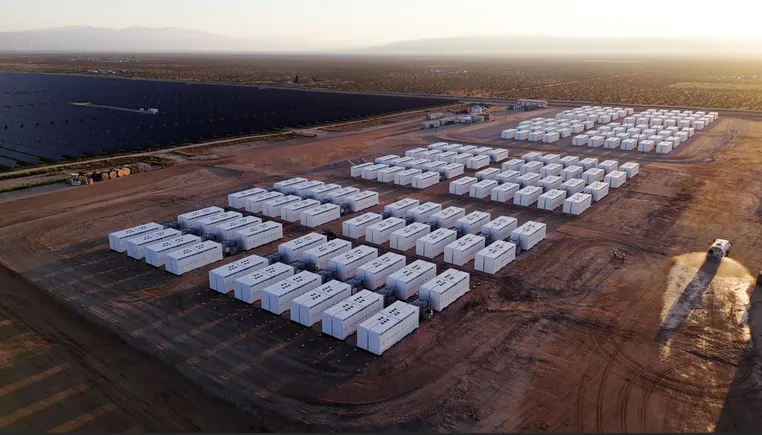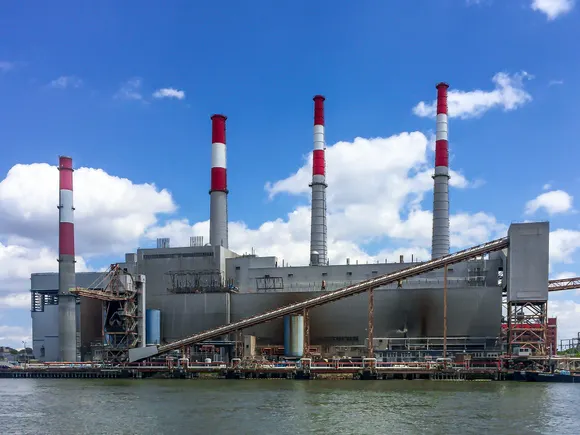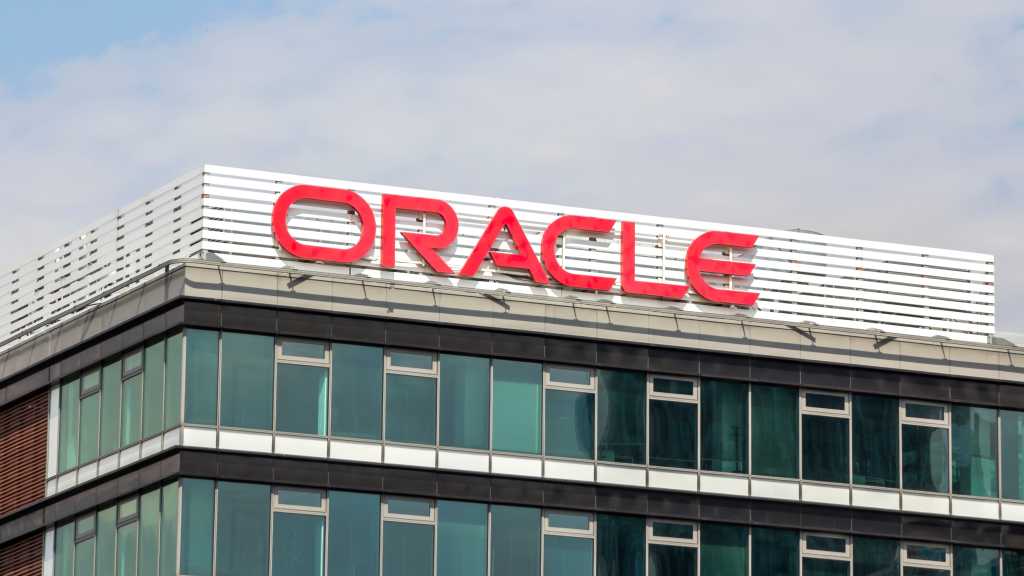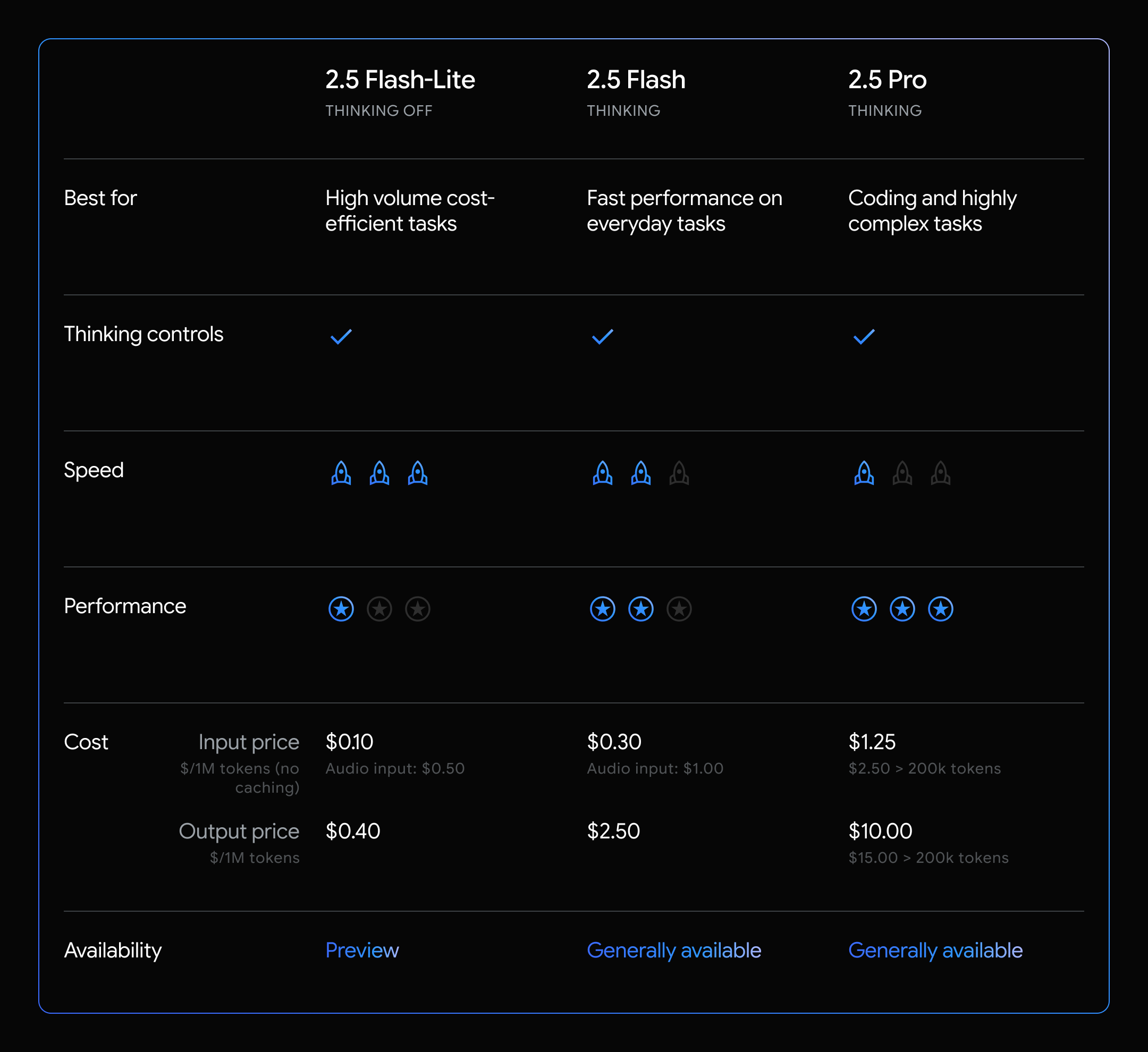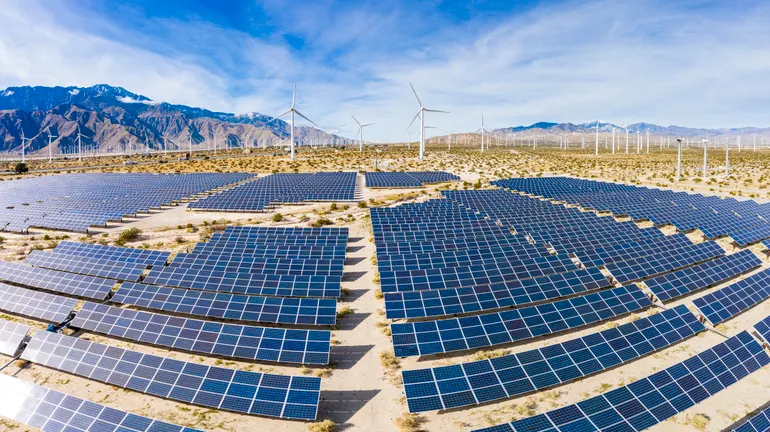
Dean Granoff is founder and principal of the Climate Technology Group.
As the U.S. Senate works to craft a budget deal, it faces a defining choice: Will American industry seize the economic rewards of a modern energy system, or allow our competitors to take the lead?
The version of the “Big Beautiful Bill” passed by the House stripped away incentives that support modern clean energy infrastructure and innovation, security and competitiveness, downing the very tools that put the United States on track for global energy leadership. But U.S. senators and their constituents are pushing back, saying that undoing the incentives would raise electricity prices and cut jobs.
As a group of four GOP senators wrote to Senate Majority Leader John Thune, “A wholesale repeal, or termination of certain individual credits, would create uncertainty, jeopardizing capital allocation, long-term project planning, and job creation in the energy sector and across our broader economy.” Now, 13 House Republicans are urging the Senate to restore the incentives, and there is a chance they could get their way.
This is not about ideology. Wherever you are on the political spectrum, clean energy competitiveness is about “economic prosperity, a healthier planet and true national security,” according to Sen. John Curtis (R-Utah). Globally over $2 trillion was invested in clean energy technologies and infrastructure last year — double the amount spent on fossil-based infrastructure. The U.S. must not abandon its position in this ascendent sector.
Markets are moving decisively towards modern clean energy systems because technologies like solar, wind, and batteries are generally cheaper and faster to install than their legacy competitors. A broad array of related new technologies is following close behind.
This isn’t a fluke; it’s basic economics. Clean energy systems generate, store and deliver power without fuel, so that once the infrastructure is in place, the marginal cost of energy is near zero — an overwhelming competitive advantage. These technologies enjoy semiconductor-like cost curves, with production costs declining rapidly as deployment scales, pushing energy prices lower and lower.
The world’s wealthiest entrepreneur built his empire on these basic truths. He bet on batteries for cars and homes and solar to power it — and the market has responded generously. That’s a signal about the future which political leaders can’t afford to ignore.
Affordable, reliable electricity is the foundation of every industry in this country, from manufacturing to high-tech. And with AI and data centers driving unprecedented demand for electricity, we need a power system that can scale, and fast.
Stripping clean energy tax deductions now would constrain power supply and raise electricity prices, hindering U.S. companies and putting them at a disadvantage. It would be like sending a great football team to compete in the Super Bowl without cleats.
Clean energy is central to U.S. ambition to lead globally. The enabling technologies of modern energy systems — solar panels, batteries, advanced inverters, geothermal heat-pumps — were largely born from American innovation. We have the expertise to invent, improve, develop and manufacture forefront energy technologies, employ Americans, and export them to the world. Rolling back support for energy innovation and domestic manufacturing now would squander our gains and hand the energy future to our rivals.
Clean energy is also central to our national security. By eliminating dependence on hydrocarbon fuels, clean energy technologies eliminate geopolitical entanglements that come with it. For decades, America’s foreign policy has been skewed toward the need to secure oil and gas supplies or influence markets, often involving deals with despots, unstable regimes and adversaries. Domestic oil and gas production has helped, but it doesn’t change the fact that a handful of unsavory governments still have an important hand in global energy supply and pricing.
Critics who argue that clean energy supply chains come with their own risks aren’t wrong, but they miss the point. Those risks are precisely what the tax incentives at issue in the current budget were designed to fix, i.e. by onshoring clean energy manufacturing, securing materials and reducing reliance on foreign suppliers. Those efforts are working. Yanking support from them now would reverse that progress, just as we begin to reap the rewards. It would be a major fumble.
The Senate still has an opportunity to move the ball. Amending the House bill to preserve innovation funding and protect clean energy tax incentives isn’t about being “green.” It’s about being in the vanguard of the energy economy, supporting economic growth and national security, and ensuring Team USA fields a winning offense in the highly competitive global energy game.






